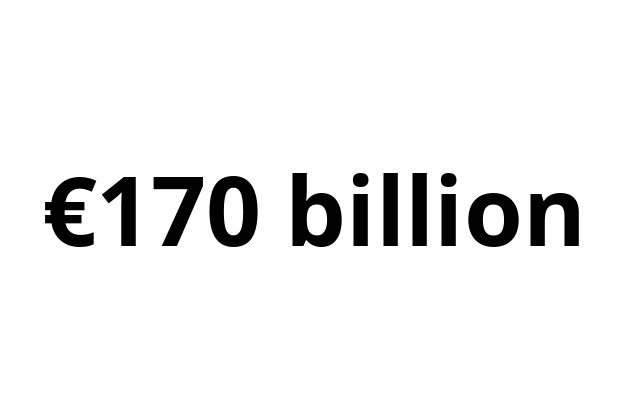Since launching the SpaceResources.lu initiative in 2016, one of the economy ministry’s goals has been to diversify the economy into the peaceful utilisation of space resources.
The report, published on 20 December, explains that Luxembourg’s strategy for pursuing space resources is based on the large quantities found in the solar system, the role of space resources in future in-space economies, and the multi-sector approach of space resources technology, with newspace technology serving a use to terrestrial markets where they can potentially be monetised.
What are they looking for?
The report found that the most useful resource in space in the near-future was rocket propellant. The discovery of water on the moon means there will be a supply to meet expected demand from the in-space servicing industry. Other required resources include methane, for fuel, metals such as iron and nickel, and regolith for space infrastructure and in-situ equipment manufacturing.
Some 20 newspace companies have settled in Luxembourg in the last two years, benefiting from finance and a legal framework which Luxembourg introduced in relation to space mining. Not all of them are active in space resources but they nevertheless working in innovative fields which are complementary and contribute towards the development of future technologies for living in space.
Responding to a parliamentary question this week, economy minister Etienne Schneider (LSAP) said he expected the sector to generate up to 400 jobs in Luxembourg over the next two years. Thursday’s study suggest the space resources sector could support up to 1.8 million full-time employees globally by 2045, up from 845,000 in 2018.
